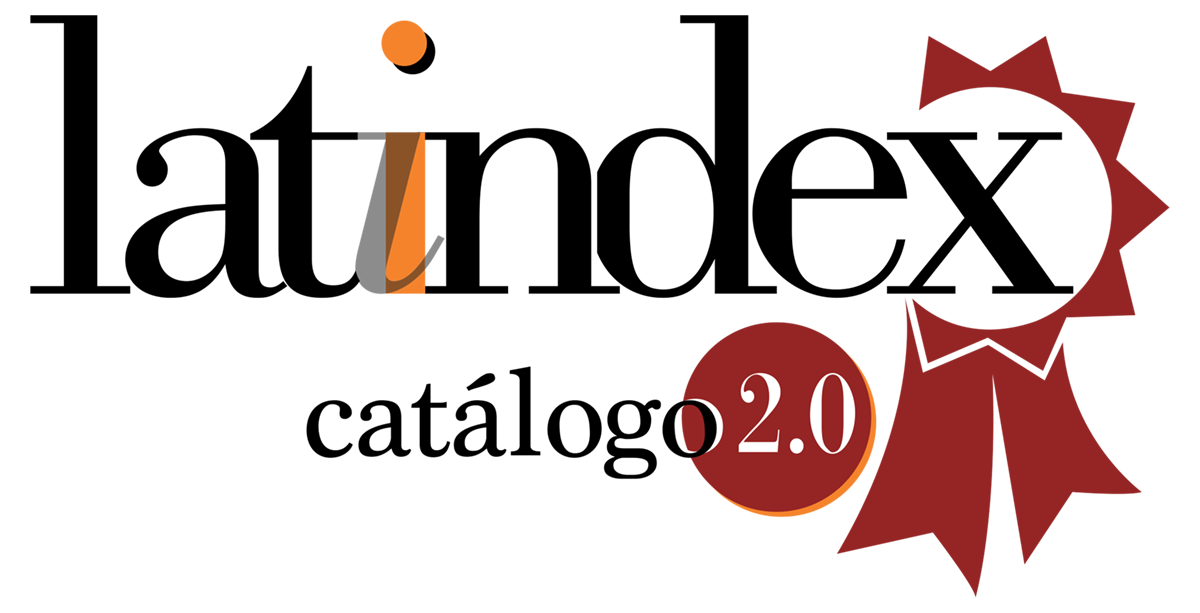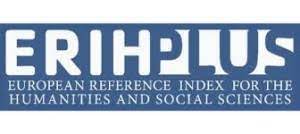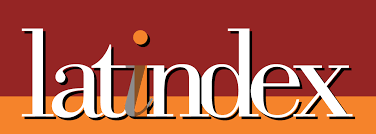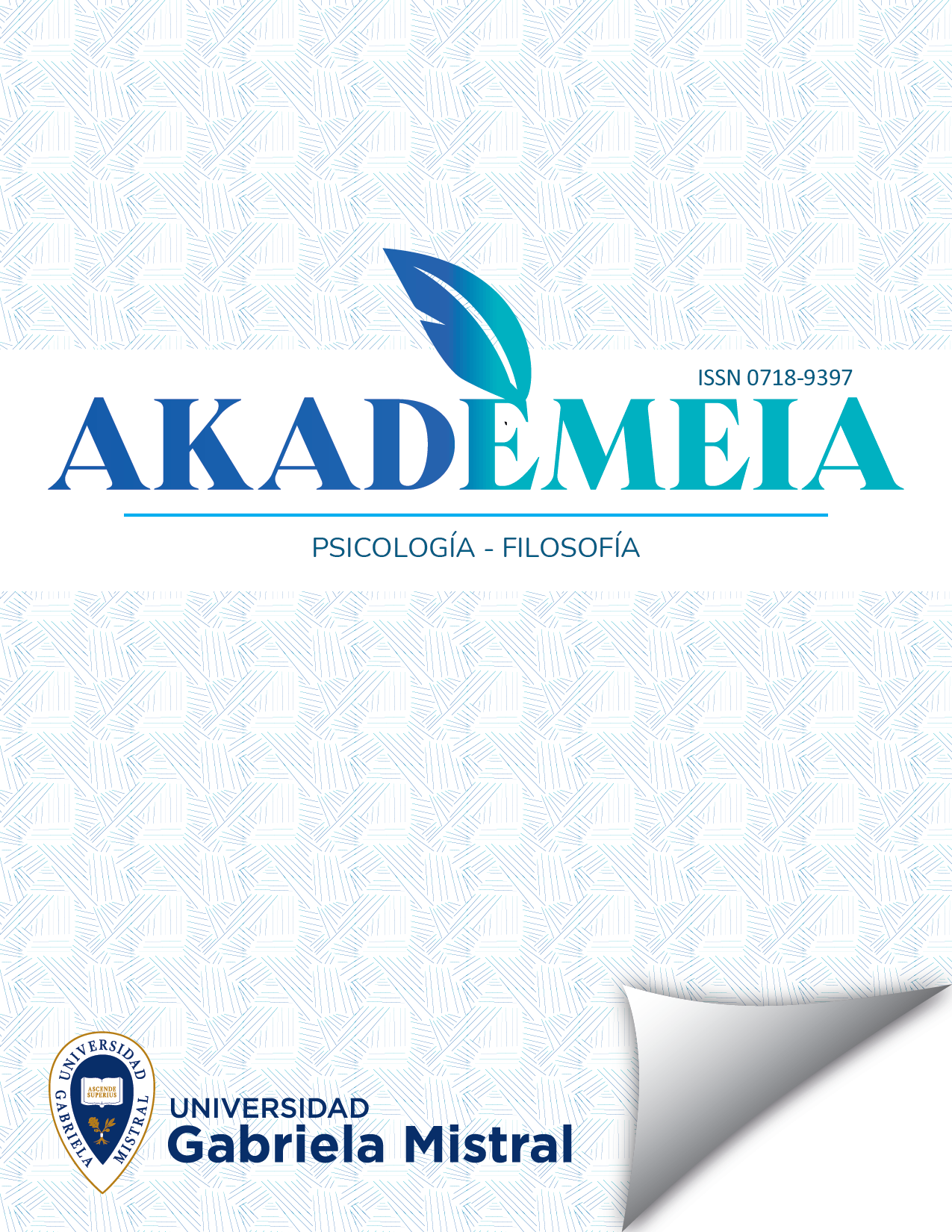Cambio paradigmático: Un análisis crítico de la sostenibilización curricular en la educación superior chilena
DOI:
https://doi.org/10.61144/0718-9397.2017.146Resumen
La sostenibilidad es un tema que se ha reconocido como campo académico en las Instituciones de Educación Superior (IES), especialmente universidades, a través de centros de sostenibilidad y programas ad hoc, desde los cuales se lideran y coordinan esfuerzos al interior de los campus. Sin embargo, aún faltan acciones orientadas a infundir exitosamente este importante tema en las propuestas curriculares. Siendo una de las principales funciones de las IES la de educar para el presente y el futuro, estas instituciones se encuentran en una posición única para cubrir contenidos de sostenibilidad que preparen a sus estudiantes para liderar la sociedad y crear un mejor futuro. En este contexto, el presente artículo explora el concepto de sostenibilización curricular en la educación superior chilena y propone algunas estrategias metodológicas que podrían ayudar a integrar este importante cambio de paradigma, desde una perspectiva metacurricular.
Citas
Aznar, P. y Ull, A. (2009). La formación de competencias básicas para el desarrollo sostenible: el papel de la universidad. Revista de Educación, número extraordinario 200, pp. 21-237.
Beaudoin, F. D. & Brundiers, K. (2017). A Guide for Applied Sustainability Learning Projects: Advancing sustainability outcomes on campus and in the community. Philadelphia: Association for the Advancement of
Sustainability in Higher Education (AASHE).
Boley, B. (2011) Sustainability in hospitality and tourism education: Towards an integrated curriculum. Journal of Hospitality & Tourism
Education. 23(4): 22-31.
Calder, W. Y Clugston, R.M. (2003) International efforts to promote higher education for sustainable development. Planning for Higher education, 31, pp. 30–44.
Clark W. C (2007) Sustainability science: a room of its own. Proc Natl Acad Sci. 104:1737–1738
Clark. W. y Dickson, N. (2003). Sustainabiltiy Science: The emerging resaerch program. John F. Kennedy School of Government, Harvardt University, Cambridge. Recuperado de http://www.pnas.org/content/100/14/8059.full.pdf
Cline, R. C., Robson, K., & Kroth, M. (2014). Construction Management Service Learning: A “How To” Process for Success. International Journal for Service Learning in Engineering, Humanitarian Engineering and Social Entrepreneurship, 2014, 9(2), 85-92.
Cooper, G. (2010). Outdoor learning, environment and sustainability – Seeing the big picture. Horizons. Institute for Outdoor Learning. Recuperado de: http://www.outdoor-learning.org/Portals/0/IOL%20Documents/Horizons%20Documents/Horizons%20pdf%20archive/oe.h49_ol.env.sust.pdf
Corcoran, P. B., & Wals, A. E. J. (2004). Higher education and the challenge of sustainability: problematics, promise, and practice. Dordrecht: Kluwer Academic Publishers.
CPL (2012). Acuerdo de Producción Limpia: Campus sustentable. Recuperado de: http://www.cpl.cl/archivos/acuerdos/75.pdf
Dawe, G., R. Jucker, and S. Martin (2005) Sustainable development in higher education: current practice and future developments. A report for the Higher Education Academy. Recuperado de: https://www.heacademy.ac.uk/system/files/sustdevinhefinalreport.pdf
Gale, F., Davison, A., Wood, G., Williams, S., & Towle, N. (2015). Four Impediments to Embedding Education for Sustainability in Higher Education. Australian Journal of Environmental Education, 31(2), 248. doi: 10.1017/aee.2015.36
Glasser, W. (2005). Defining Mental Health as a Public Health Issue. A new Leadership Role for the Helping and Teaching Professions. US:
William Glasser Institute. Recuperado de: http://www.wglasserinternational.org/wp-content/uploads/bsk-pdf-manager/69_definingmentalhealth.pdf
González, E.; Meira-Cartea, P. y Martínez, C. (2015). Sustentabilidad y universidad: retos, ritos y posibles rutas. Revista de la Educación Superior, vol. XLIV (3); No. 175, 69-93.
Jamal, T., Taillon, J., & Dredge, D. (2011). Sustainable tourism pedagogy and academic-community collaboration: A progressive service-learning approach. Tourism and Hospitality Research, 11(2), 133-147.
Jucker, R. (2002). “Sustainability? Never heard of it!”: Some basics we shouldn’t ignore when engaging in education for sustainability. International Journal of Sustainability in Higher Education, 3(1), 8-18. doi: 10.1108/14676370210414146
Kahane A (2012) Transformative scenario planning: changing the future by exploring alternatives. Strategy Leadersh, 40(5):19–23.
Kauffman J (2009) Advancing sustainability science: report on the International Conference on Sustainability Science (ICSS) 2009. Sustain Sci 4(2):233–242
Komiyama, H. y Takeuchi, K. (2006). Sustainability science: building a new discipline. Sustain Sci, 1:1-6. Recuperado de: http://www.sustainability.k.u-tokyo.ac.jp/images/Sustainability-Science-Building-a-New-Discipline.pdf
Kurucz, E.; Colbert, B. y Marcus, J. (2014). Sustainability as a provocation to rethink management education: Building a progressive educative practice. Management Learning. Vol. 45(4) 437–457.
Lewis, E., Mansfield, C., & Baudains, C. (2008). Getting down and dirty: Values in education for sustainability. Issues in Educational Research, 18(2), 138-155.Licenciado por INN para CONSEJO DE PRODUCCIÓN LIMPIA
Mah, D.E., Arain, F & Sharma, V (2014). Work Integrated Learning as an Effective Pedagogy for Enhancing Employability of Young Professionals in the Construction Industry. Proceedings of the 50th ASC Annual International Conference, Associated Schools of Construction, USA.
Marić, I. (2013). Stakeholder analisys of higher education institutions. Interdisciplinary Description of Complex Systems. 11(2), 217-226.
Marinova, D. & McGrath, N. (2204). A transdisciplinary approach to teaching and learning sustainability: A pedagogy for life. Teaching and Learning Forum. Murdoch University. Recuperado de: http://clt.curtin.edu.au/events/conferences/tlf/tlf2004/marinova.html
Moore, J. (2005a). Barriers and pathways to creating sustainability
education programs: policy, rhetoric and reality. Environmental Education Research, 11(5), 537-555. doi: 10.1080/13504620500169692
Moore, J. (2005b). Seven recommendations for creating sustainability education at the university level. A guide for change agents. International Journal of Sustainability in Higher Education. Vol. 6 No. 4, 2005, pp. 326-339
Naciones Unidas (2000). Declaración del milenio. Recuperado de: http://www.un.org/spanish/milenio/ares552.pdf
ONU (1987). Informe Brundtland. Recuperado de: http://www.fao.org/docrep/s5780s/s5780s09.htm
ONU (2014). Objetivos de desarrollo del milenio y más allá de 2015. Recuperado de: http://www.un.org/es/millenniumgoals/beyond2015-overview.shtml
Organización de Estados Iberoamericanos (OEI/CAEU) / Organização dos Estados Iberoamericanos (OEI/CAEU)
Pearcea, A. & Manion, W. (2016). International Conference on Sustainable Design, Engineering and Construction Service learning for sustainability: a tale of two projects. Procedia Engineering 145 (2016) 50 – 57.
Segalàs, J., Ferrer-Balas, D., Svansrom, M., Lundqvist, U., Mulder, K. (2009). What has to be learnt for sustainability? A comparison of bachelor engineering education competences at three European universities. Sustainability Science, 4, 17-27.
Sibbel, A. (2009). Pathways towards sustainability through higher education. International Journal of Sustainability in Higher Education, 10(1), 68-82.
Sterling, S. (2001). Sustainable education. revisioning learning and change. Dartington: Green Books.
Sterling, S. (2005). Higher education, sustainability, and the role of systemic learning, in Blaze Corcoran P.B. and Wals, A. E.J. (Eds.) Higher Education and the Challenge of Sustainability: Problematics, Promise and
Practice. Dordretch: Kluwer Academic Press.
UNESCO. (2014). Shaping the Future We Want: UN Decade of Education for Sustainable Development (2005-2014) Final Report (pp. 198). Paris: United Nations Educational, Scientific and Cultural Organization.
Vaughter, Ph. (2006). Climate change education: From critical Thinking to critical action. United Nations University. Institute for the Advanced of Sustainability. Recuperado de: http://www.uncclearn.org/sites/default/files/unuias_pb_4.pdf
Vera, F. (2015). Infusión de habilidades blandas en el currículo de la educación superior: clave para el desarrollo de capital humano avanzado.
Akademeia. Universidad UCINF, 16(1), 53-70.
Vera, F. (2016). Transformación curricular. El caso de una universidad
privada chilena. Revista Iberoamericana de Educación / Revista Ibero-americana de Educação vol. 72, núm. 2 (15/11/2016), pp. 23-46, ISSN: 1022-6508 / ISSNe: 1681-5653
Verhulst, E., & Lambrechts, W. (2015). Fostering the incorporation of sustainable development in higher education. Lessons learned from a change management perspective. Journal of Cleaner Production, 106, 189-204. doi: 10.1016/j.jclepro.2014.09.049
Waas, T., Hugé, J., Ceulemans, K., Lambrechts, W., Vandenabeele, J., Lozano, R., Wright, T. (2012) Sustainable Higher Education – Understanding and Moving Forward. Flemish Government – Environment, Nature and Energy Department, Brussels.
Wals, A. E. J., & Jickling, B. (2002). "Sustainability" in higher education: From doublethink and newspeak to critical thinking and meaningful learning. Higher Education Policy, 15(2), 121-131.
Warburton, K. (2003). Deep learning and education for sustainability. International Journal of Sustainability in Higher Education, 4(1), 44-56. doi: 10.1108/14676370310455332.
Williams, D. (2016). Transition to transformation in fashion education for sustainability. Fashion Design for Sustainability, Centre for Sustainable Fashion, London College of Fashion, London, UK. Recuperado de: http://sustainable-fashion.com/wp-content/uploads/2016/01/340510_1_En_14_Chapter_OnlinePDF.pdf
Wilson, E. & von der Heidt, T. (2012). Is transformational change possible through education for sustainability?, in C Schott & M Fesenmeier (eds), 6th Annual Tourism Education Futures Initiative (TEFI). Congress Transformational Leadership for Tourism Education, University of Bocconi, Milan, Italy, 28-30 June, TEFI, Milan, Italy, vol. 1, no. 1, pp. 66-82. ISSN: 2168-4308.
Cómo citar
Licencia
Los autores/as conservarán sus derechos de autor y garantizarán a la revista el derecho de primera publicación de su obra, el cual estará simultáneamente sujeto a la Licencia de reconocimiento de Creative Commons (CC BY-NC-ND) 4.0 que permite a terceros compartir la obra siempre que se indique su autor y se comparta el documento, en formato pdf y con la paginación del número original, a través del que este ha sido publicado por la revista. Siguiendo las definiciones establecidas por la licencia (ver: https://creativecommons.org/licenses/by-nc-nd/4.0/deed.es) los números de la revistas seguirán los siguientes términos:
-
Atribución — Usted debe dar crédito de manera adecuada, brindar un enlace a la licencia, e indicar si se han realizado cambios. Puede hacerlo en cualquier forma razonable, pero no de forma tal que sugiera que usted o su uso tienen el apoyo de la licenciante.
-
No Comercial — Usted no puede hacer uso del material con propósitos comerciales.
-
Sin Derivadas — Si remezcla, transforma o crea a partir del material, no podrá distribuir el material modificado.
- No hay restricciones adicionales — No puede aplicar términos legales ni medidas tecnológicas que restrinjan legalmente a otras a hacer cualquier uso permitido por la licencia.












